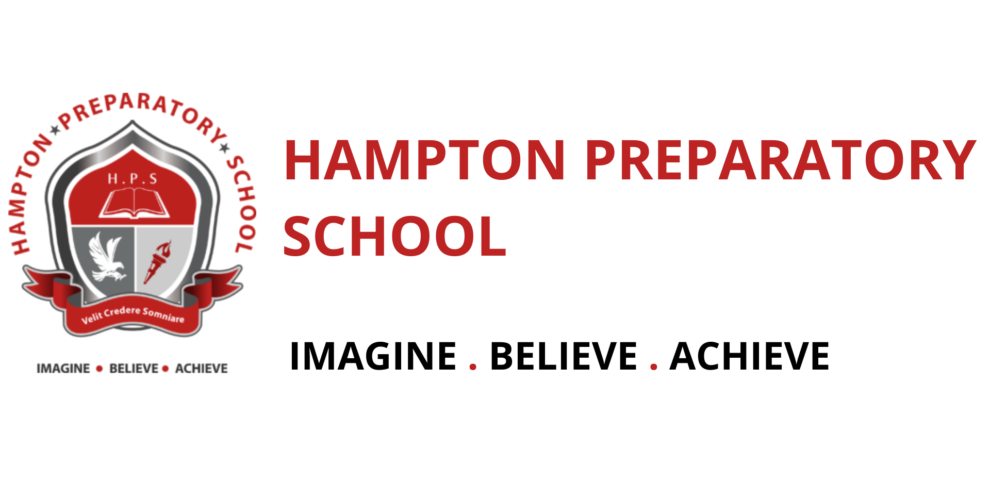1. A broad and balanced curriculum
A wide range of subjects which include arts, science and humanities are covered in the British Curriculum. Students learn the basics of numeracy and literacy at the foundation stage of the curriculum. At primary level, students are taught the fundamentals of mathematics and English. Science, technology, humanities and arts subjects are also introduced as multi-disciplinary topics and integrated in school projects. The curriculum aims to hone students’ higher order thinking skills and encourage independent learning as they prepare for the (I)GCSE examinations.
2. Organised into Key Stages
The British Curriculum is divided into blocks of years called ‘Key Stages’ (KS). Students are formally assessed at the end of each Key Stage. The first Key Stage is Early Years (Ages 2 to 5). After that, students enter primary level and complete KS1 (Ages 5 to 7) and KS2 (Ages 7 to 11). Secondary levels consist of KS3 (Ages 11 to 14) and KS4 (Ages 14 to 16). At pre-university level, students go through KS5 from the ages of 16 to 18. The Key Stages provide teachers a clear overview of a student’s academic progress and solutions to help students achieve their desired academic goals.
3. Child-centred and personalised
Teachers have the opportunity to be creative with lesson planning which results in differentiated outcomes and a range of achievements. As the curriculum covers many subject areas, students are encouraged to focus on the subjects they are good at while receiving support in subjects they find difficult. They are also taught to not only memorise facts but to gain a deeper understanding of what they are learning.
4. Culminates in globally recognised qualifications
Students who are taught the British Curriculum sit for the (I)GCSE examinations at the end of Key Stage 4 and A Levels at the end of Key Stage 5. This Key Stage is also referred to as Years 12 and 13 or the Sixth Form. Both (I)GCSE and A Levels are recognised worldwide and opens up many opportunities to students when it comes to higher education. In addition, these qualifications are highly regarded by universities and companies in the United Kingdom and the rest of the world.
5. Education beyond the classroom
Although academics play a huge role in the British Curriculum, students have the chance to pursue their passions and interests in extracurricular activities. Activities such as team sports and performing arts are widely available in schools which provide the curriculum. The spirit of competition and camaraderie is also a strong feature of British boarding schools in the United Kingdom and their international branches. Students are also encouraged to develop skills in debating, discussing, questioning and problem-solving, which are important skills that will help greatly when they enter university and the workplace.
Source: https://educationdestinationasia.com/blogs/5-things-you-should-know-about-the-british-curriculum-1




Leave a Reply